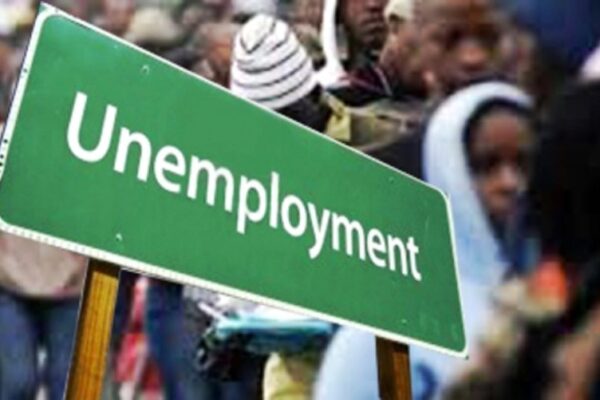FG Launches National Job Centre Project to Tackle Unemployment, Boost Decent Work Opportunities
The Federal Government has unveiled the National Job Centre Project, a nationwide network of employability hubs designed to combat unemployment and promote dignified, inclusive, and transformative work for Nigerians. Minister of State for Labour and Employment, Nkeiruka Onyejeocha, announced the initiative during the Mastercard Foundation Annual Nigeria Partner Convening held in Lagos yesterday. According to her, the project is a key component of President Bola Tinubu’s Renewed Hope Agenda, aimed at connecting trained Nigerians to real job opportunities while strengthening the country’s labour market infrastructure. “The National Job Centres will integrate digital job matching, data tracking, and career advisory services to create a harmonised and inclusive system,” Onyejeocha said. She explained that the centres form part of a national labour framework intended to empower young Nigerians to contribute meaningfully to local industries and compete confidently on the global stage. The minister also introduced the Labour Employment and Empowerment Programme (LEEP) — a flagship initiative of the Ministry focused on improving youth employability and bridging the gap between training and employment. “Our goal is not just to create jobs but to build systems that protect workers’ rights, ensure fair wages, and strengthen labour market governance,” she added. Onyejeocha praised the Mastercard Foundation for its continued collaboration with Nigeria through the Young Africa Works strategy, which has supported job creation, entrepreneurship, and skills development for thousands of young Nigerians over the past six years. She noted that the Foundation’s approach aligns with the government’s effort to turn skills into sustainable employment, emphasizing the need for partnerships between the public and private sectors, development partners, and civil society. “Building an inclusive and sustainable ecosystem for work requires collective effort. We invite partners to collaborate with us in driving job access through these platforms and accelerating economic outcomes across Nigeria’s labour ecosystem,” she said. Reaffirming the government’s commitment to President Tinubu’s Renewed Hope vision, Onyejeocha assured that the Ministry will continue to advance policies that promote employment creation, social inclusion, and economic stability. “The Federal Ministry of Labour and Employment stands ready to continue working with the Mastercard Foundation and all stakeholders to build a future where work is dignified, inclusive, and transformative,” she concluded.


